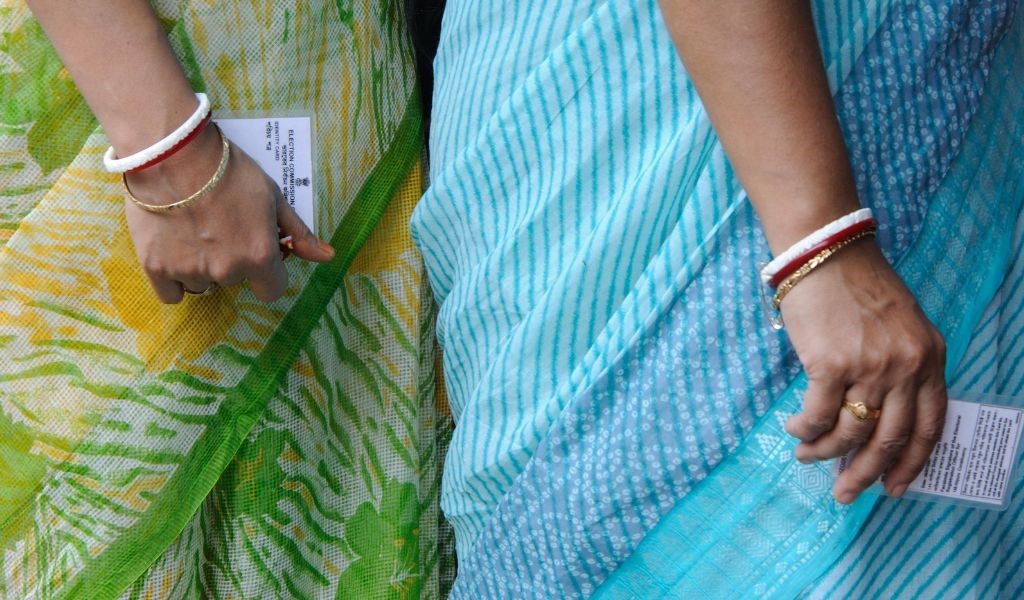The year 2024 presents a global surge in democratic engagement and political participation as 76 countries hold presidential or national elections. This includes the largest democratic exercise of all in India, where almost one billion people are able to vote to elect Members of Parliament (MP) to Lok Sabha, India’s House of the People. In the current digital era, the role of social media and the risk of misinformation has the potential to influence the Indian electorate like never before.

As this festival of democracy in India unfolds, voters must have access to accurate and unbiased information regarding their incumbent legislators and the candidates running for office. In this post-truth era, narratives on social media in the lead up to elections pose a significant risk of misinformation. With its vast reach and instantaneity, social media platforms amplify such misinformation, potentially influencing the Indian electorate, swaying public opinion and undermining free and fair electoral processes.
Transparent data on MPs
In this context, I have developed a platform with colleagues (software engineers and policy analysts) that cuts through social media rhetoric and provides objective data to voters on the records of MPs and details of candidates in Kerala. Poli performance is a digital platform tailored specifically for voters in Kerala, a state in southern India. It offers transparent and comprehensive data to evaluate the performance of the incumbent MPs from Kerala during their previous Parliament term.
Leveraging the power of large language models (LLMs), the platform has analysed the text of questions raised, debates and private bills introduced by the incumbent 20 MPs during their last five-year term. By decoding parliamentary jargon into an intuitive topic-based categorisation, users can equip themselves a clearer understanding of the issues raised by MPs. It also contains information of all candidates in the upcoming election, including details of their criminal record and financial assets, to enhance voter awareness.
Beyond Parliament
Lesser-known roles of MPs are the responsibilities carried outside of Parliament, such as certain executive functions directly assigned to them in parliamentary system. This involves local area developments in their constituencies (of up to 50 million Indian Rupees annually), participation in district level committees that supervise the implementation of federal government schemes, and the selection of village clusters to expedite rural development works. Poli performance provides granular information regarding the utilisation of these tools by incumbent MPs.
The data used in the platform is sourced from the websites of the Parliament of India, Ministry of Statistics & Programme Implementation, the Ministry of Rural Development, the Election Commission of India and PRS Legislative Research (a non-profit organisation). It also has a detailed FAQ that shares information about the roles and responsibilities of MP in an accessible manner.
Knowing her options
To provide an alternative from the political narratives that overshadow ground realities, the platform provides a constituency and party-wise drop down of candidates running for office. In the Vadakara constituency, where a former Health Minister of Kerala (internationally acclaimed for her handling of the Covid-19 pandemic) is contesting, there are four other candidates with variations of her name, which could be interpreted as an attempt to confuse the voters.
In the same constituency, the candidate from the current opposition political party has two other namesakes. This phenomenon can be seen in twelve out of the twenty constituencies in Kerala. While these may seem trivial at the outset, it is critical for voters to be armed with this knowledge and the possibilities of how they could be nudged to wrong choices.
Kerala boasts of a politically-aware population, with a long tradition of robust public discourse and high literacy rates contributing to well-informed voters. Despite evolving political landscapes, the state remains one of the last bastions in India for left-of-centre ideologies, reflecting a deeply ingrained commitment to redistribution, social welfare and egalitarian principles among its electorate.
As we stand on the cusp of another long-drawn election cycle for India, poli performance is a small step to help voters rise above the din of political noise and focus on some of the things that matters to a voter – performance of their representatives and transparency about their candidates. The strength of a democracy lies not just in casting our votes but in ensuring that the votes are cast with knowledge and conviction.
Reshma Sekhar studied MA Governance, Development and Public Policy at IDS, graduating in 2023 and is co-founder of the poli performance platform.